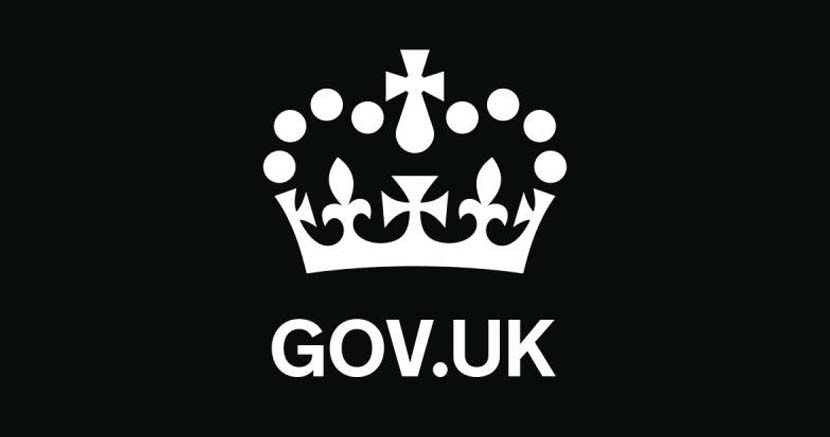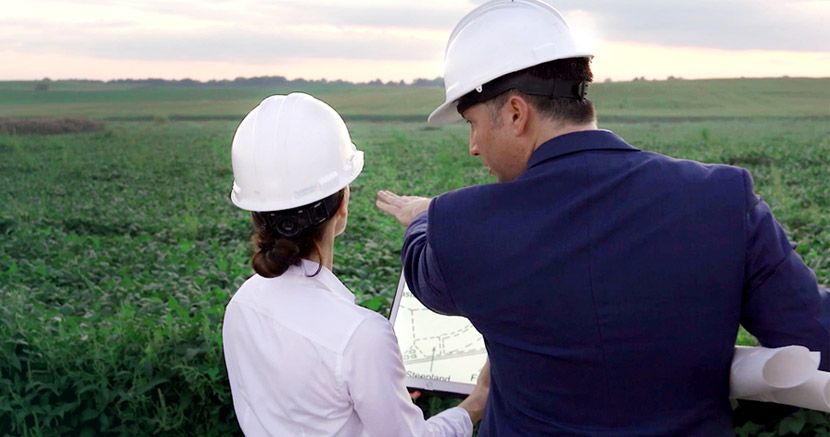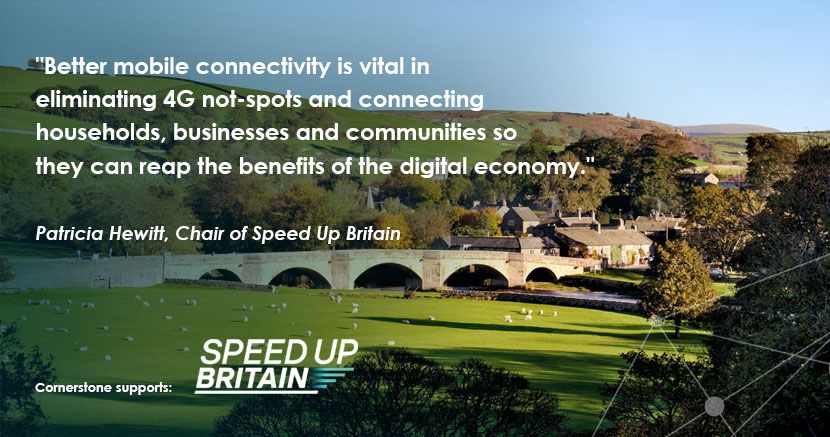Happy retirement to telecoms finance legend – John Dowling
John, you’re retiring after 34 years in the telecoms industry as a management accountant – congratulations! Have you always worked in the industry?
No, there was life before telecoms. I consider myself very blessed to have been working full-time for 42 years. Ever since the age of 14, I always wanted to be an accountant and was fully focused on getting there. Even though I had the option to go to University I wanted to work and train at the same time. I took my first job with a shopfitting company on a £2k a year salary who also paid for me to go on a day release course to learn accountancy. After that, I worked for two further smaller companies and then having qualified as a management accountant, I joined Vodafone in 1987. By then I had a mortgage to pay and a young family to support. And there I stayed for 28 years.
That’s an incredible achievement! We probably won’t be able to do it justice but can you share some of your highlights over those 28 years? Where to begin?
My area of expertise is in costs so some of the things I did were to put together business cases to demonstrate the financial viability of new services such as PAKNET which at its basics was a short messaging service. From there I moved into the data function of the company. I remember the first text messages being sent and my Director saying they had no idea why people would need to send text messages, let alone 10k of them in a month! How it all snowballed from there! Data just exploded and so I got involved with looking at how we could monetise data as a service. In my remaining years, I worked for the Technology Finance Team and delivered amongst others, Group training on Capex and Opex which in some markets became mandatory learning.
What happened after 28 years? Why did you leave after achieving so much?
I was made redundant in 2015 which came as a bit of a shock after that length of time. All of a sudden I found myself starting over again having to find a new job. I saw one advertised at Cornerstone, decided to apply and got it.
What was the experience like of going from a global company with 10,000 employees to a UK company with 250 employees?
Honestly, it was quite a terrifying experience. I am naturally a very introverted person. For me to go from a situation where I was comfortable in knowing the people I needed to know to be that new person, starting from scratch was difficult. I am terrible with names so I wrote down all the desk positions and who sat there so I would remember who they were. Also, the way things were done took me back to my early days of accountancy as Cornerstone was and still is a relatively young company. It was all a bit of a shock, I’ve used that word twice now, but that was how I felt.
And now six years on with Cornerstone what’s life been like?
The dial has moved so much, in those 6 years the transformation has been remarkable. It’s been great, it’s given me a whole new experience which has been so refreshing. On a work level, I’ve been responsible for the accounting and financial support for our fixed assets and network OPEX. I’ve also had the opportunity to bring in improvements to these areas which have been well received by the company.
What’s the one thing that you think Cornerstone does well?
In my mind, a company is only ever about its people. If you’re reading this, you may think I was bound to say so, but genuinely I believe Cornerstone is way up there in how it looks after its people from how they are treated to the development opportunities that are available.
The pandemic really has brought the welfare of people into focus. The support we get extends from our line managers through to our receptionist checking in with every one of us each month to being able to talk to others who are prepared to listen in tough times. At Cornerstone, you get the sense you are being looked after and are important to somebody. Cornerstone is all about its people and making sure it is always doing the right things. It’s going above and beyond I would say.
What advice would you give to someone considering applying for a job at Cornerstone?
If you’re someone who likes to interact with people, whose work means something, Cornerstone is a really good place to be. The working facilities, learning resources, level of personal commitment that will be given to you, I’d say go to Cornerstone. You’ll be looked after in a way that cannot be matched by a lot of other companies.
What’s next for you then John, do you have any plans for retirement?
Other than a lie-in, I’ve no immediate plans. I’m going to take some time out as it’s important to relax. Then I’ll think about what next and how to enjoy myself with my two grandsons and the freedom retirement gives you. I’m going to take it as it comes.
Good luck John in your retirement, we wish you all the very best and will miss you!
For current vacancies at Cornerstone, visit our Careers portal here.












